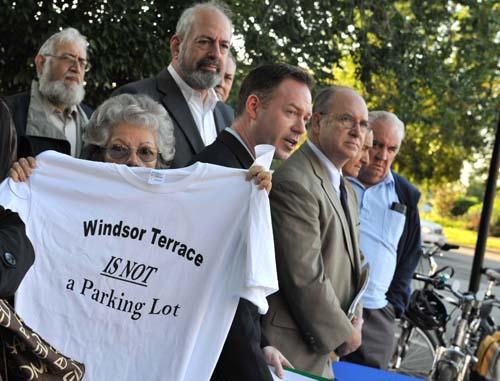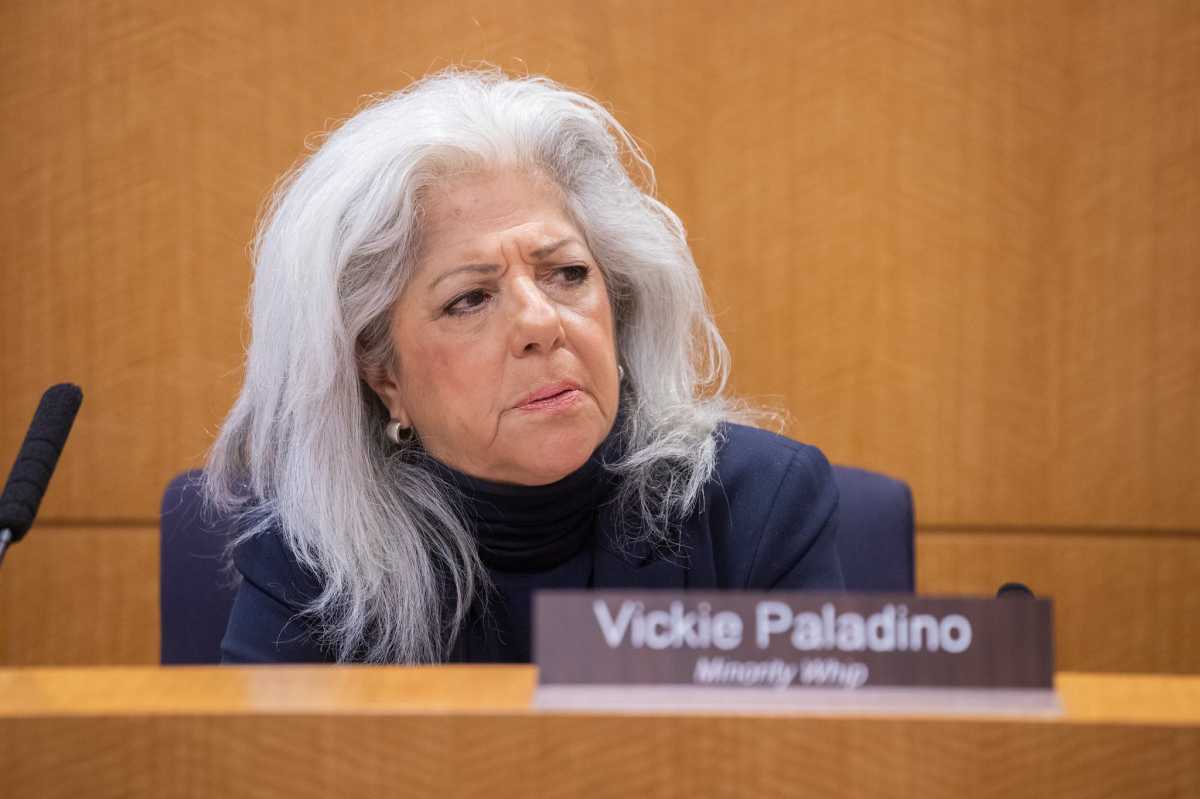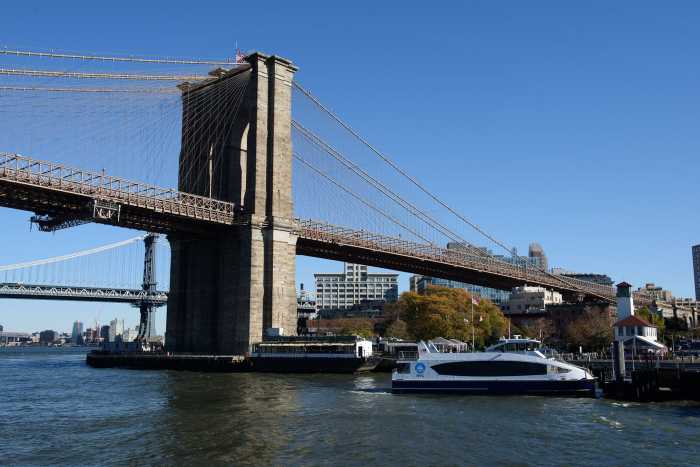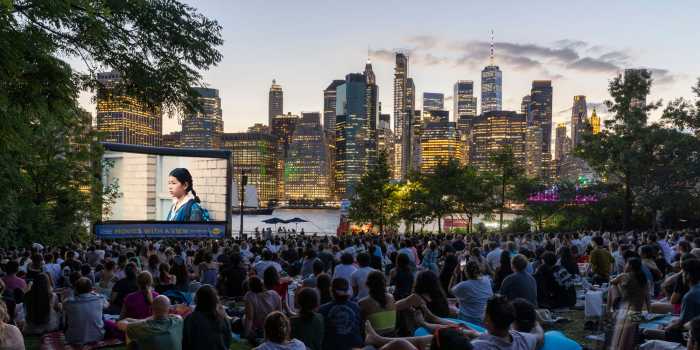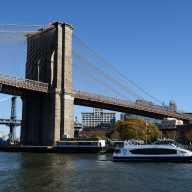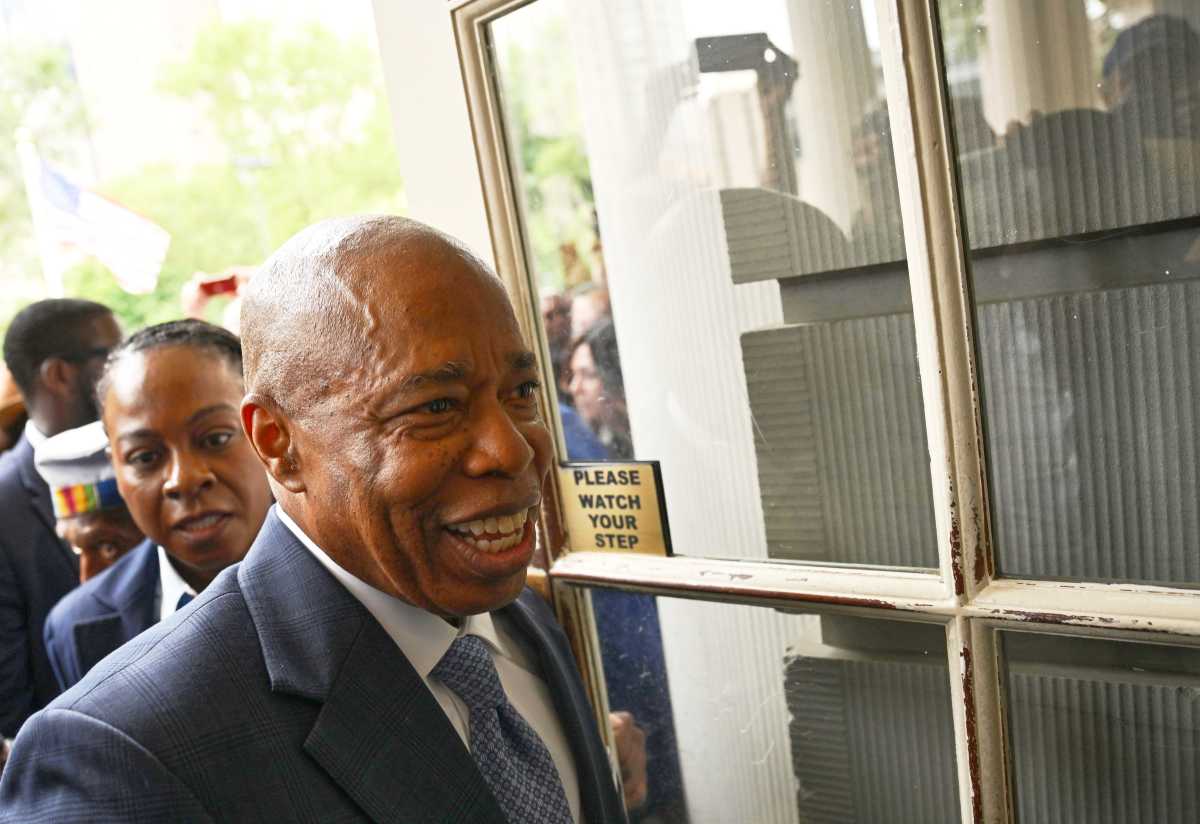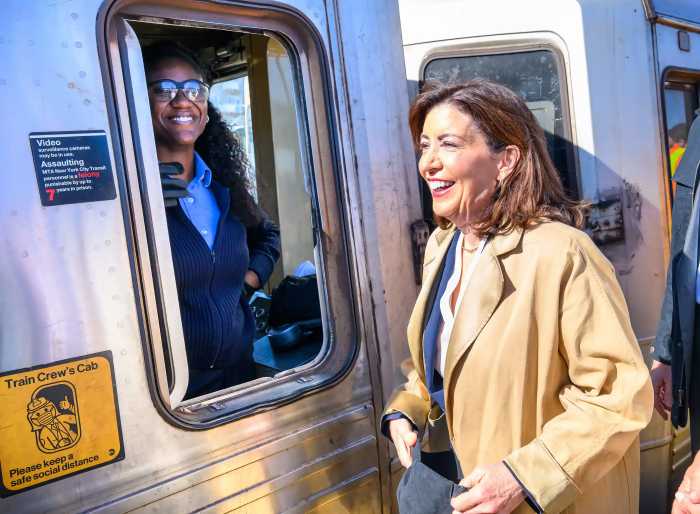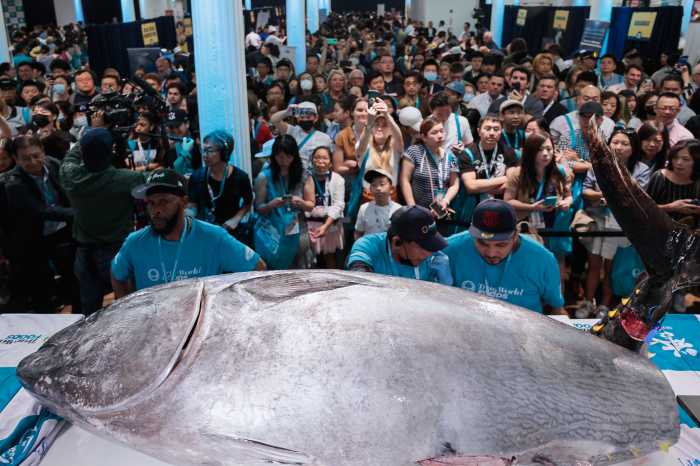Seeing that a car-free Prospect Park would bring more traffic to streets in the southern end of the 585-acre green space, local community board members are demanding that the city alert them to any and all traffic changes.
Rallying outside the park Thursday morning, members of both Community Boards 7 and 14, the Flatbush group UMMA and Assemblymember Jim Brennan demanded that their communities consult with them before they tinker with the park any further.
Last year, the city’s Department of Transportation limited vehicular traffic hours in the park to just four – two during morning rush hours and two during evening rush hours.
Last month, the bicyclist advocacy group Transportation Alternatives led a rally at City Hall demanding that the city close Prospect Park to cars and trucks. The rally sparked a renewed push for a three-month test to see just how traffic around the park would be impacted if Prospect Park were completely closed to vehicular traffic.
As of this writing, no studies regarding vehicular traffic in the park have been authorized by the DOT.
Yet if one is considered, residents living around the southern end of the park want to be kept apprised every step of the way, said Randy Peers, chair of Community Board 7.
“Before any changes are even considered, there should be appropriate discourse with those that are going to be affected,” said Peers. “We would like the DOT to concentrate on traffic issues as they exist now and not gamble with the community’s quality of life and safety on a risky pilot program.”
Officials from Transportation Alternatives believe that closing the park to vehicular traffic would not adversely impact surrounding streets.
Since the park is currently only open to vehicular traffic four hours a day anyway, closing it to cars and trucks entirely is the next logical step, they said.
Opponents say that closing the park during the morning rush hour will divert 400 additional cars to streets on the Flatbush end of the park alone.
“[Closing the park to traffic] is going to cause a substantial amount of additional exhaust that local residents are going to have to inhale,” said Alvin Berk, chair of Community Board 14. “That’s unfair to the residents of the streets that would have to carry this additional traffic.”
Berk added that no pilot program should be permitted without a full environmental impact study.


